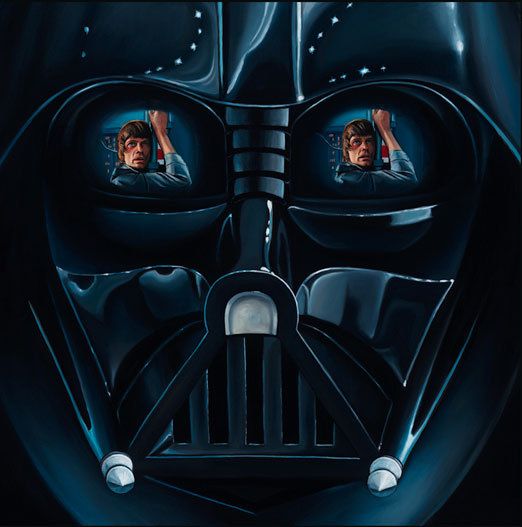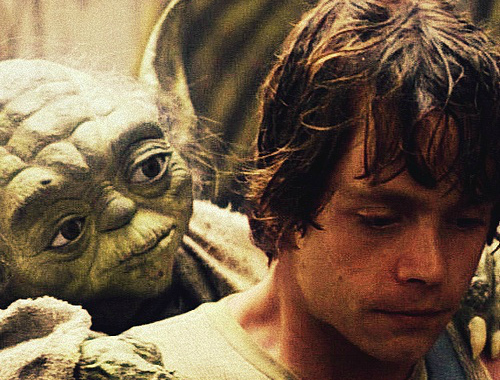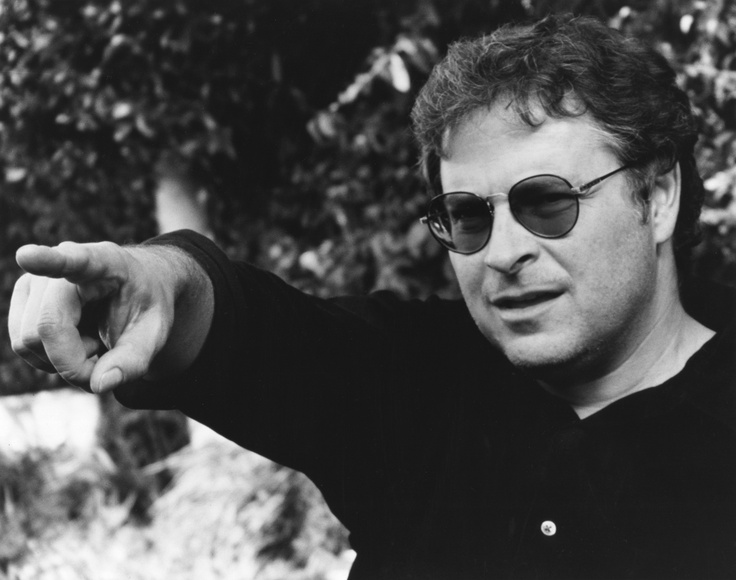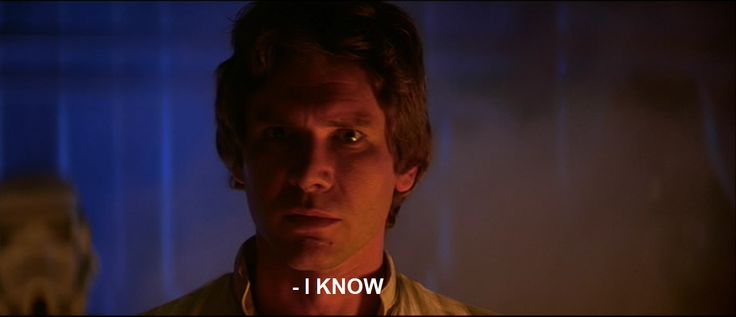“No, I am your father.”
Anyone who hears those words, probably recognizes one of the most iconic cinematic revelations in film history. This was the very moment that Darth Vader revealed his true identity to his son, Luke Skywalker in the second film of the original Star Wars Trilogy. At that very moment, audiences around the world screamed “NO” in unison with the the hero, Luke Skywalker. This is the most impactful scene of the film, and possibly of the entire saga of Star Wars movies. This scene is an example of how well the movie was formed.
Filmmaking is about capturing the imagination of the audience, it’s about being able to submerge the audience in the tale that is unfolding on screen. To accomplish this, the filmmaker must have have relatable characters. Those characters must also develop. They have to change and grow. Characters simply can’t remain the same throughout the plot and still be interesting to the audience. A main character or protagonist should be able to grow and mature in the story. These principles are at the core of great storytelling. Additionally, the writing must be done well. One could have very interesting characters, but without convincing dialogue or convincing moments in the script, they have nothing. This is the aspect of filmmaking that makes the characters relatable. Nothing jerks the movie-goer out of an immersive, cinematic experience more, than poorly written dialogue. Cringe-worthy writing is nowhere to be found in Empire. A good film needs a good director, one who understands the cast and crew, and can get them work together to bring the best of their talents and abilities to create the best possible product. These are all absolutely necessary aspects of a good film, and The Empire Strikes Back achieves all of these with near perfection.
When talking about good filmmaking, anyone would agree that character development is key. Sadly, often there is a very surface-level of character development in popular films, especially in science fiction. However, throughout Empire, there are numerous examples of how the main characters grow and change in totally unexpected and remarkable ways. For example, Luke Skywalker learns what it truly means to become a Jedi Knight through the teachings of Jedi Master Yoda. Throughout the middle act of the film, Luke trains with the wizened Jedi Master and learns that it takes more than strength of will or strength of physical force to defeat the evil in the galaxy. It will take a strength of character. Yoda teaches Luke that he must “let go” and “unlearn what he had learned.” Luke learns that he must be serene and willing to let go of personal desires to overcome his greatest challenges. Additionally, the scoundrel of the film, Han Solo, grows as a character as he begins to care more for Leia. He starts to put her needs before his. No longer is he just in it for the money. He comes to care for Leia and for his friends and willingly sacrifices himself for them at the end of the film, when Darth Vader freezes him in carbonite. This was an act of almost serene bravery that the viewer wouldn’t have expected based upon what we knew about Han from the first film, In the first film, he was a quintessentially selfish scoundrel nearly incapable of thinking about anyone but himself. These examples show how much care and attention was given to the characters and their development throughout Empire.
Secondly, I’d like to address the quality I most enjoy about The Empire Strikes Back, the genius script. Written by Lawrence Kasdan, The Empire Strikes Back script is nothing short of brilliant. Primarily, the script is able to focus on the characters, not the story. As a film goer, we don’t usually care about the events in the movie nearly as much as we care about the characters in the movie. At least, this is the case when dealing with good writing. Furthermore, there is a sinister edge to the writing of Empire that goes against traditional cinematic conventions. Its not a “happily-ever-after” fairy tale. In the most traditional sense of the word, Empire is a tragedy. No one “comes together at the end.” No one rescues the girl, and things don’t “just work out” in the end. Empire has an old school, frustrating cliffhanger where the audience discovers the terrible truth about Luke Skywalker’s father. It’s almost like watching an old Flash Gordon serial. The film has a sort of “Tune in next week!” quality to it. It was a big risk telling a darker story with Empire because the first Star Wars film was so financially successful. It would have been tempting to recreate the formula that made the first film great. However, George Lucas and the creative team were willing to take the risk of telling the darker and grittier story. It was a bold move, and one that paid off in the end.
Finally, I’d like to highlight the absolutely unparalleled direction of the film. Irvin Kershner, the director, was an absolute genius. As director, he was able to pull the best performances out of the main actors and bring forward a level of chemistry that is quite rare in Hollywood. Specifically, he was a master at facilitating remarkably compelling, off-the-cuff, off-script moments. An example of this would be Han Solo’s line of dialogue as he’s lowered to his fate in the carbon-freezing chamber at the end of the film. The audience isn’t even sure he’ll survive, and as Leia finally confesses her love for him, Han simply says “I know.” Now, originally the response to Leia’s line was supposed to be “I love you too.” That was the boring, traditional Hollywood response anyone would expect. However, Harrison Ford didn’t like that dully predictable response so he played with the line until it felt right, and that’s when Ford came up with the “I know” response. This serves as an example of how Kershner, as director, facilitated a free-flowing, creative environment on the set.
This much focus on the organic, character driven aspects of the film is what made Irvin Kershner such a great director. He was never going to let the spectacle of a Star Wars movie get in the way of the story. that would have to have been the ultimate temptation. It happens in Hollywood all the time. Filmmakers are so tempted to showcase all of the brilliant special effects and computer generated animation that simply shows of the technological accomplishment of the film, and in so doing, they forget about the most important part, the story. Kirshner, came out of an old school Hollywood, an era of filmmaking that appreciated the characters, and appreciated the story.
Many agree that Empire is the best Star Wars film. There is an acceptance of the film that runs deep in our popular culture. Most people really enjoy Empire, but they don’t consider why. It’s important to contemplate what makes a movie great if one wants to fully appreciate it. Empire is by far the best Star Wars film, simply because of how the main characters are developed throughout the film, the absolutely genius script, and the unparalleled directing of the film. When Hollywood looks at the gold standard for a sequel film, they should look at The Empire Strikes Back.
Host of the Star Wars Report podcast, Tech enthusiast, AFROTC. Opinions are my own and do not represent those of… well… other people.





